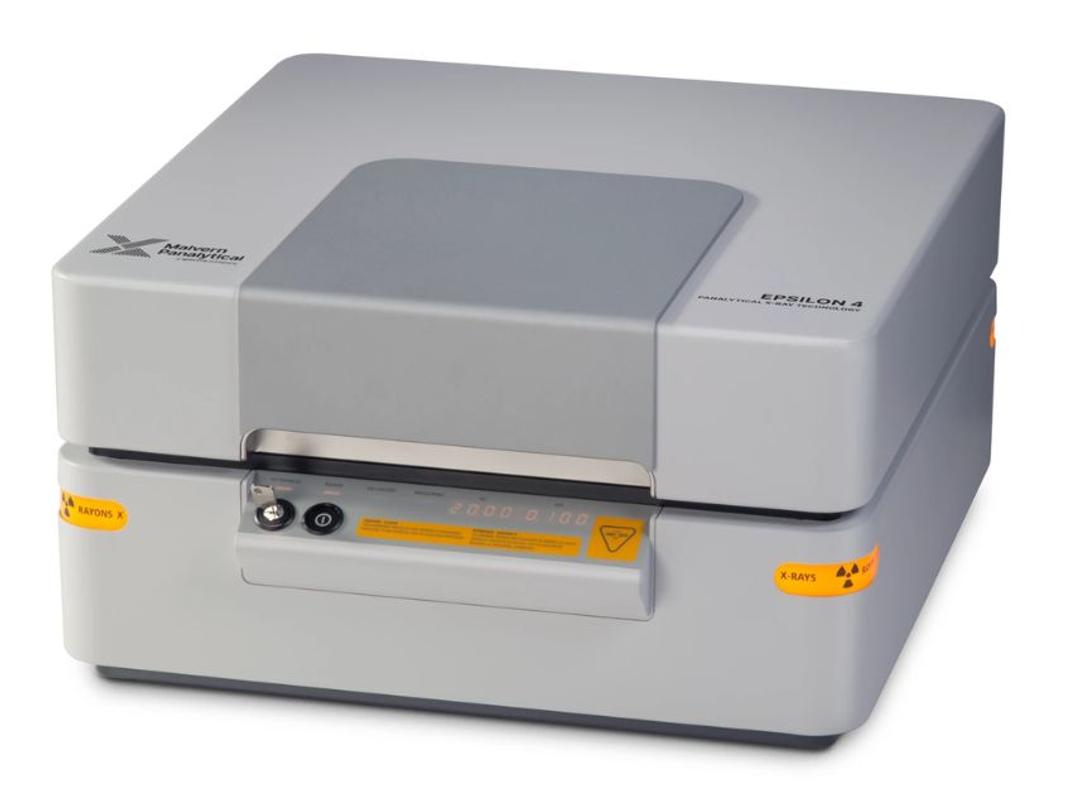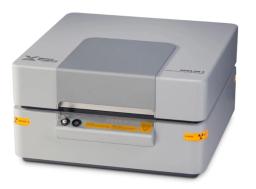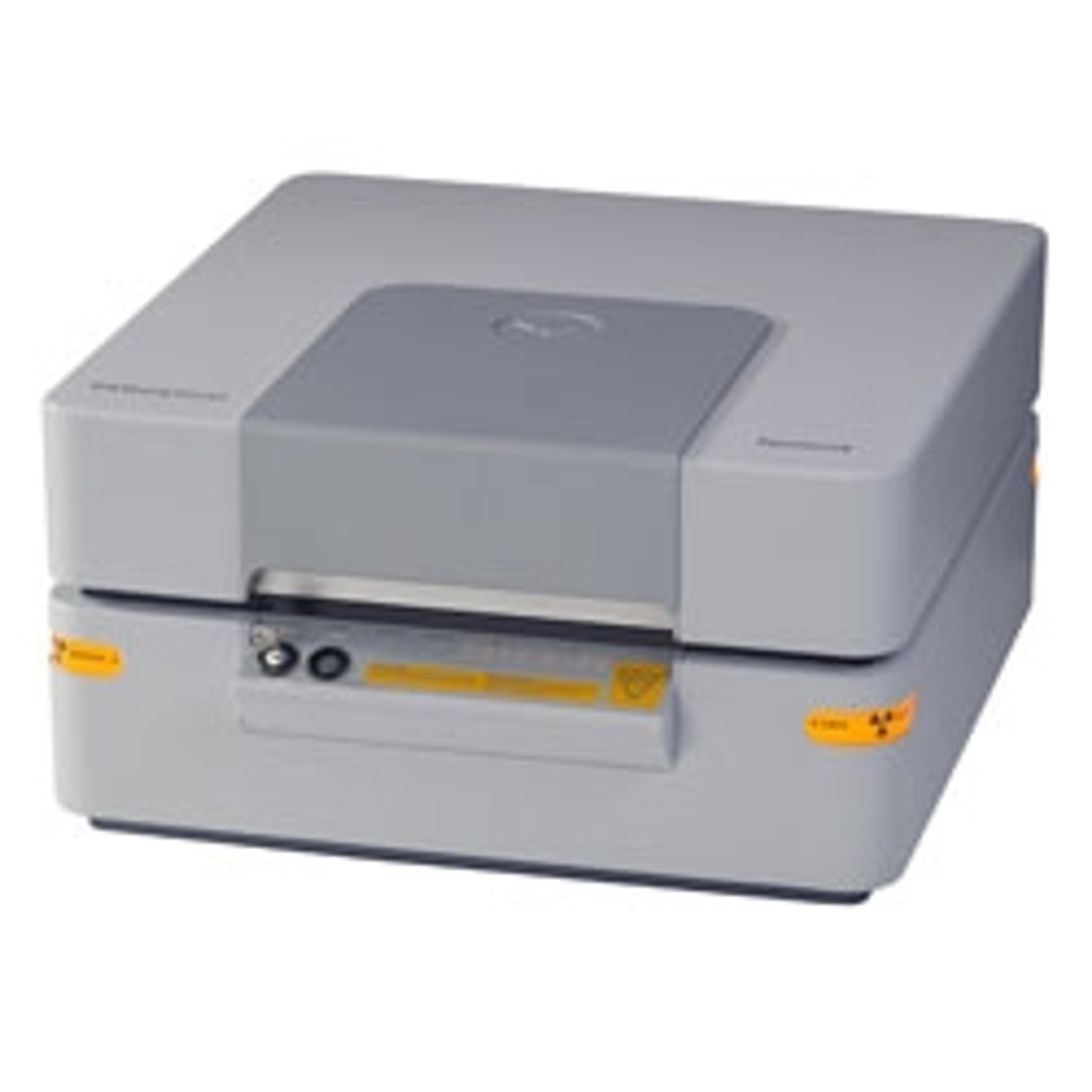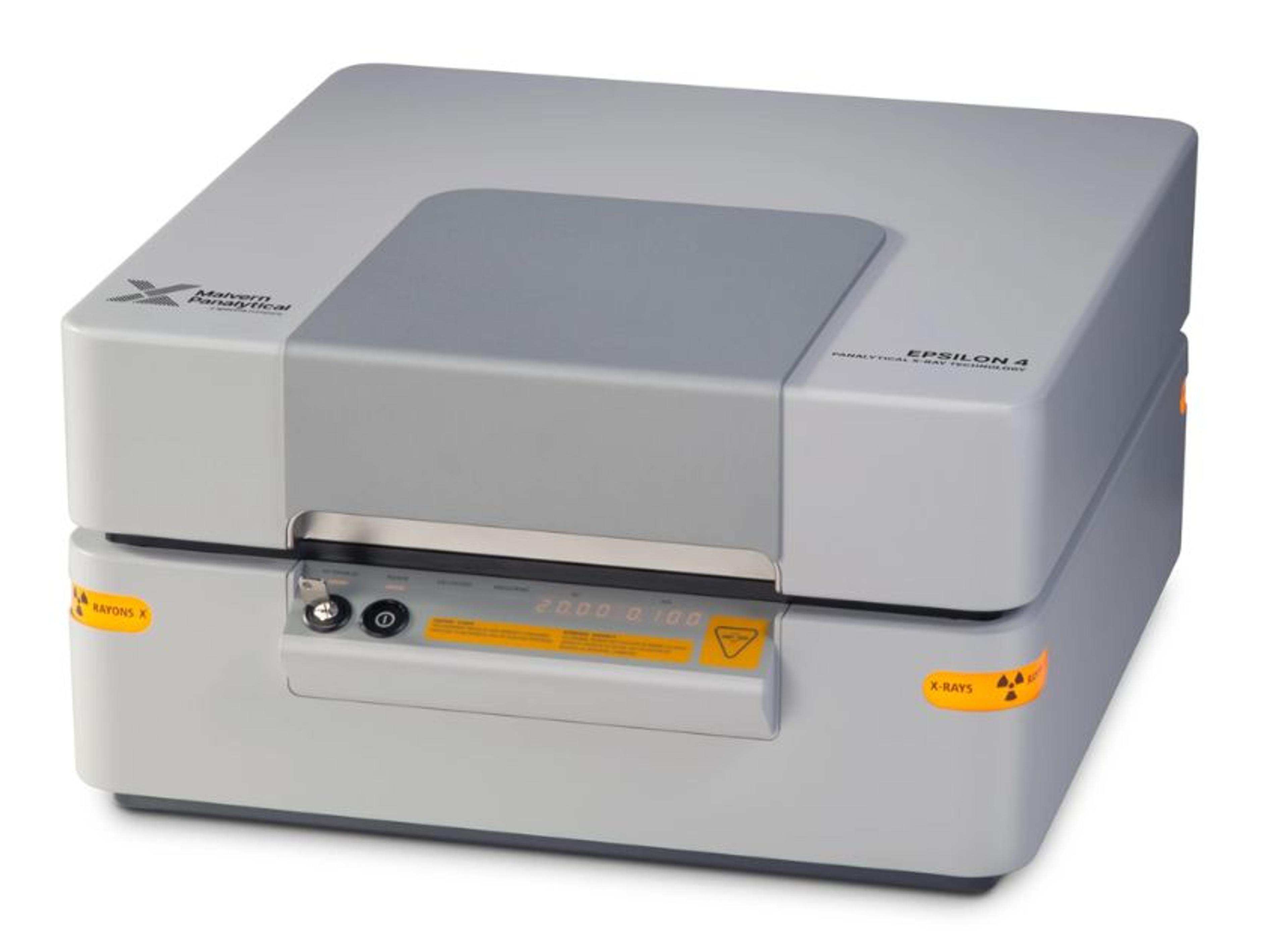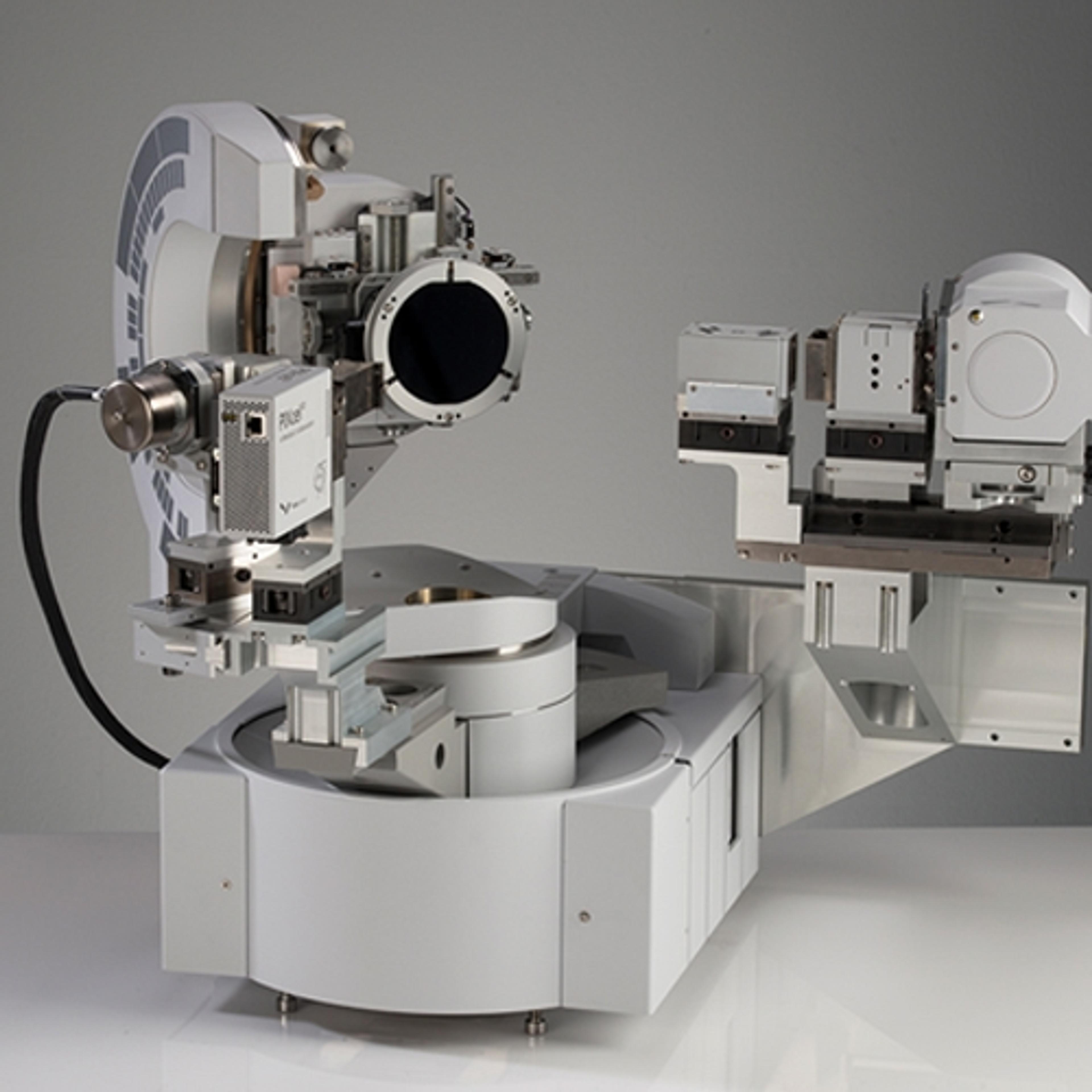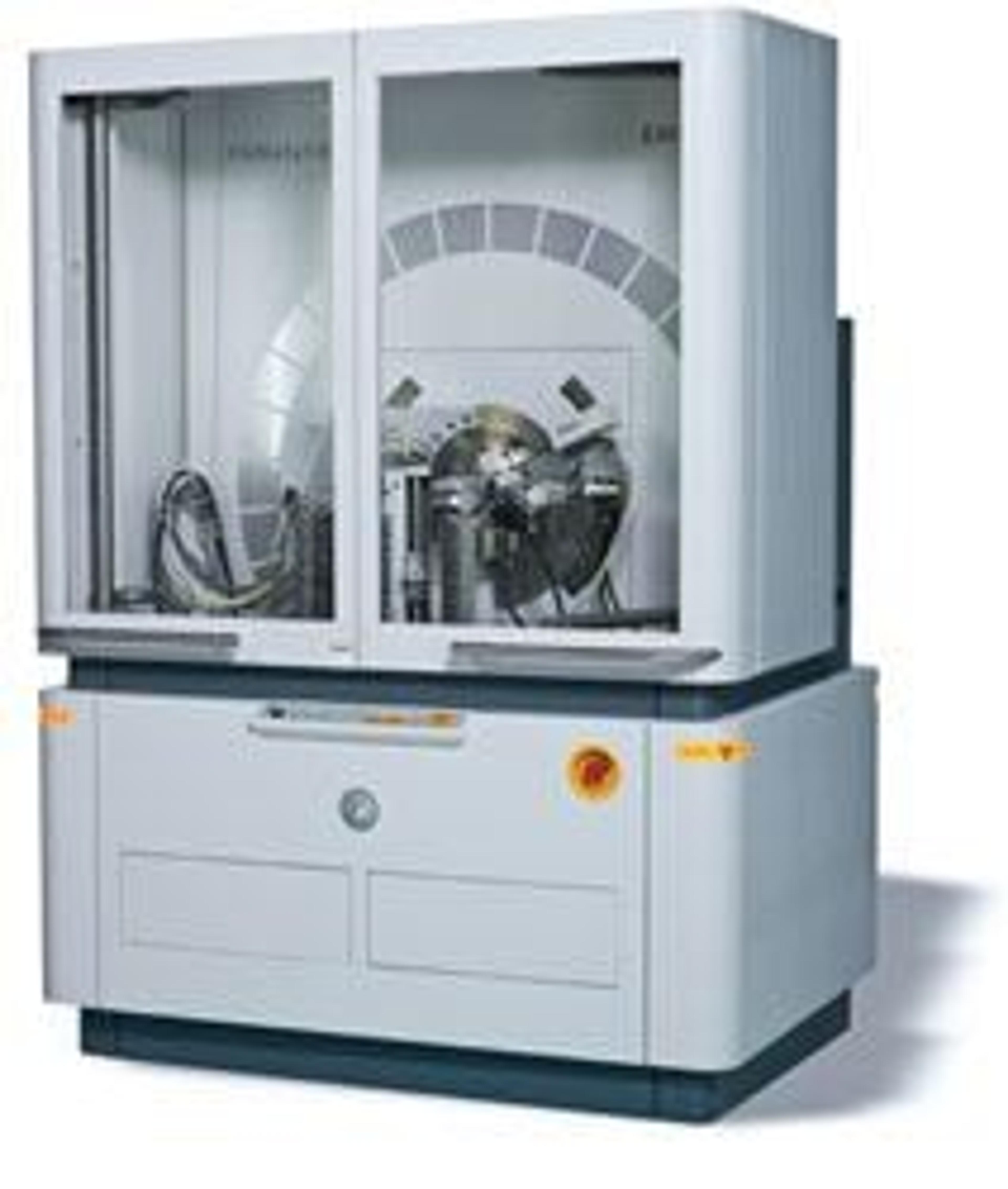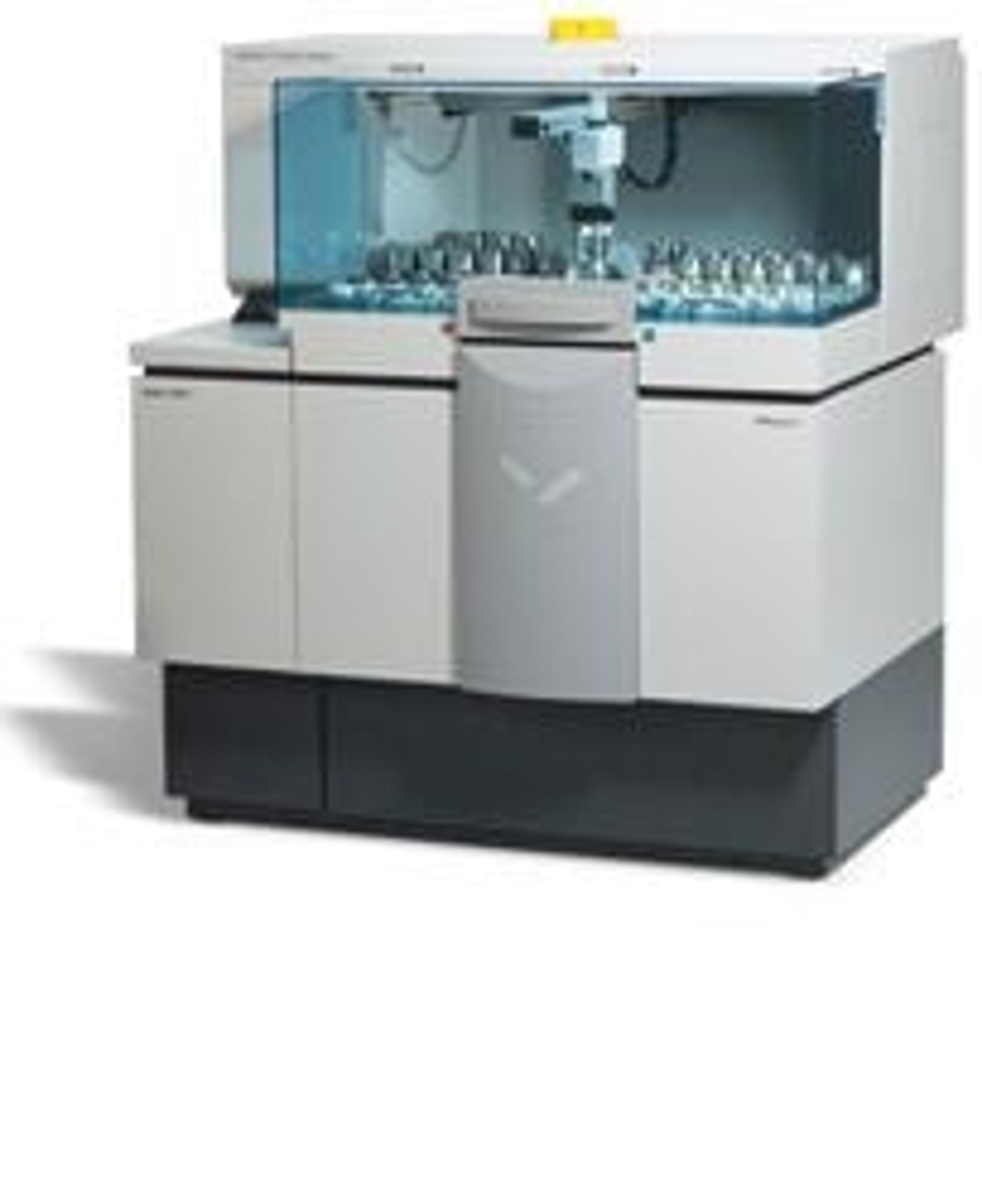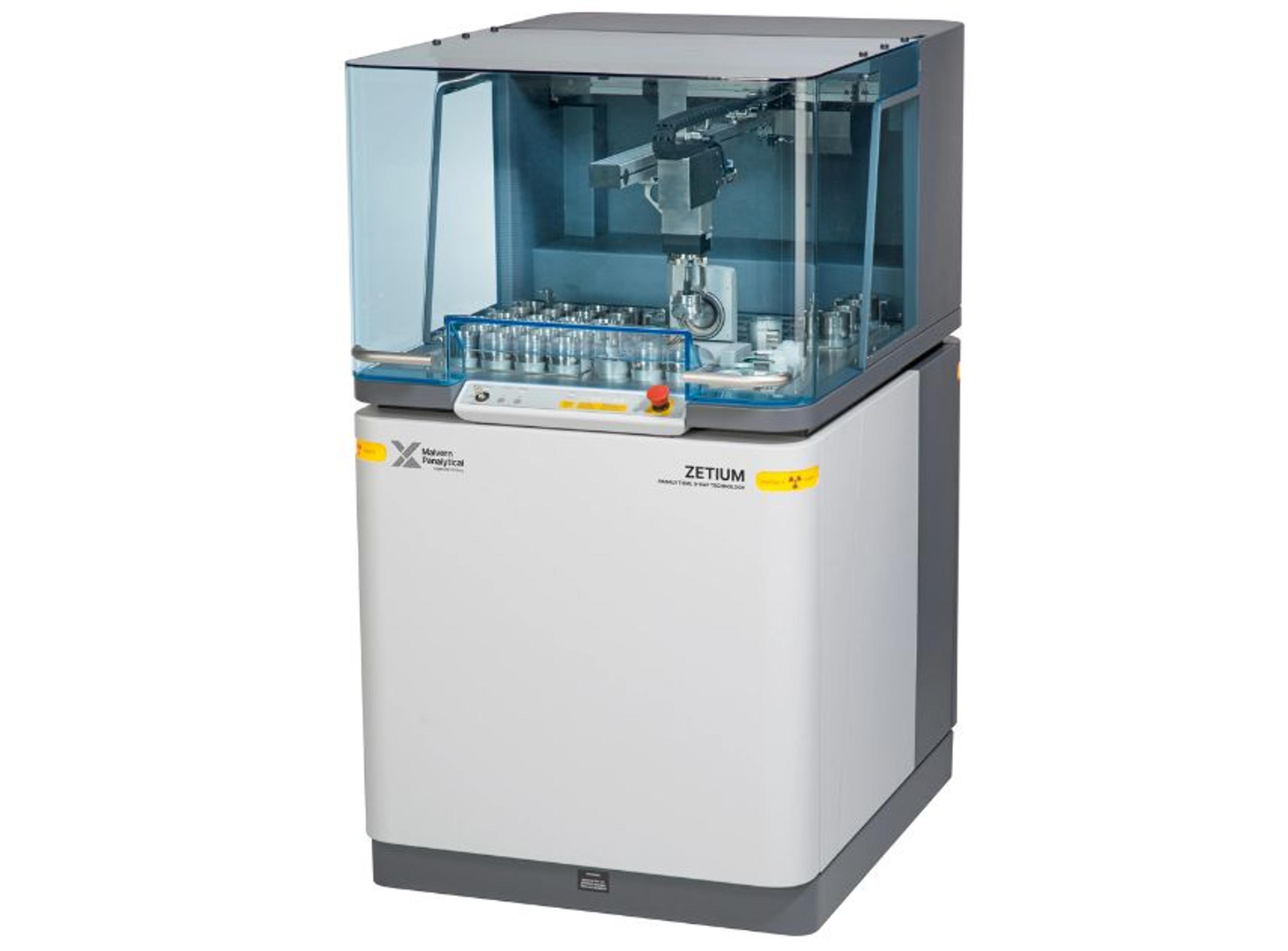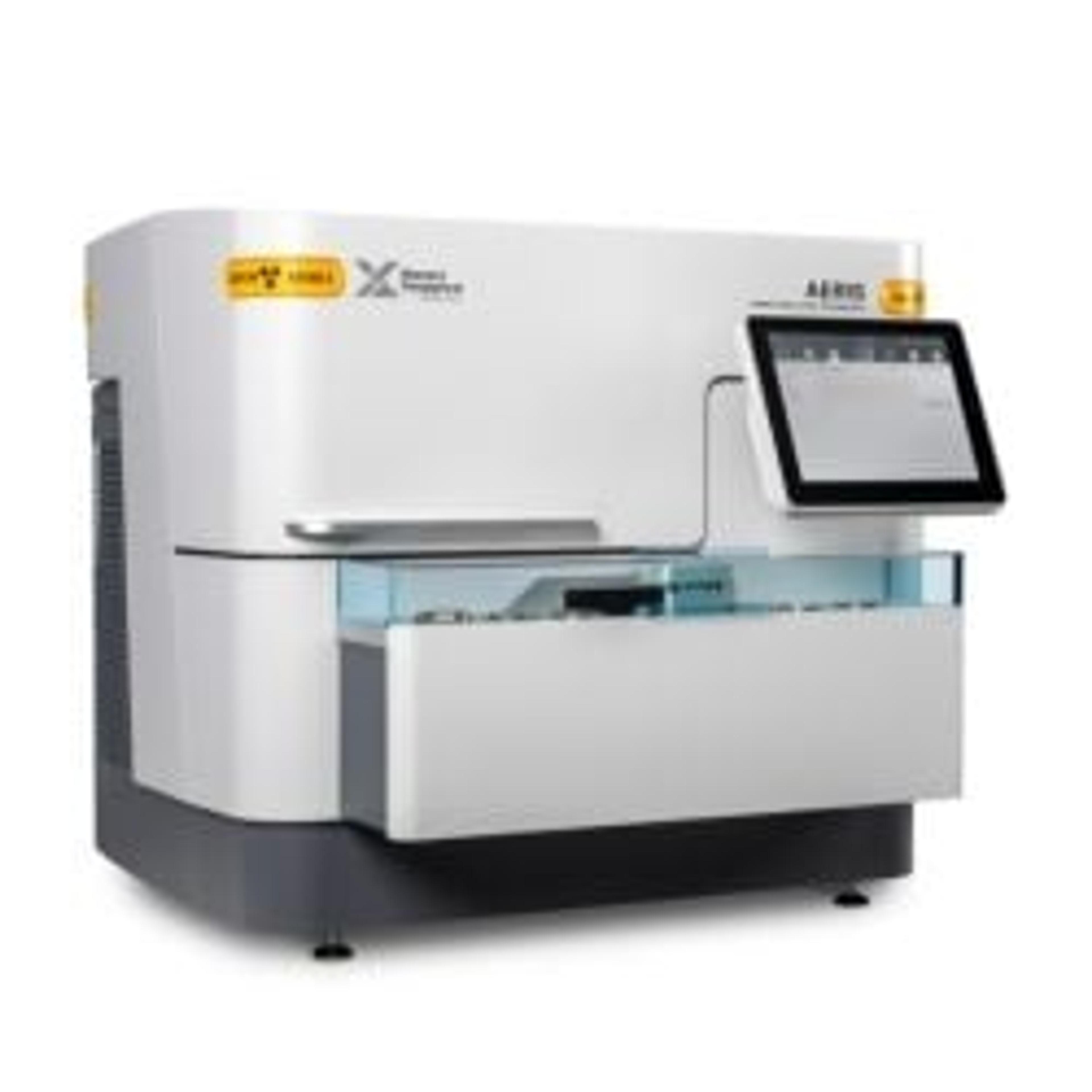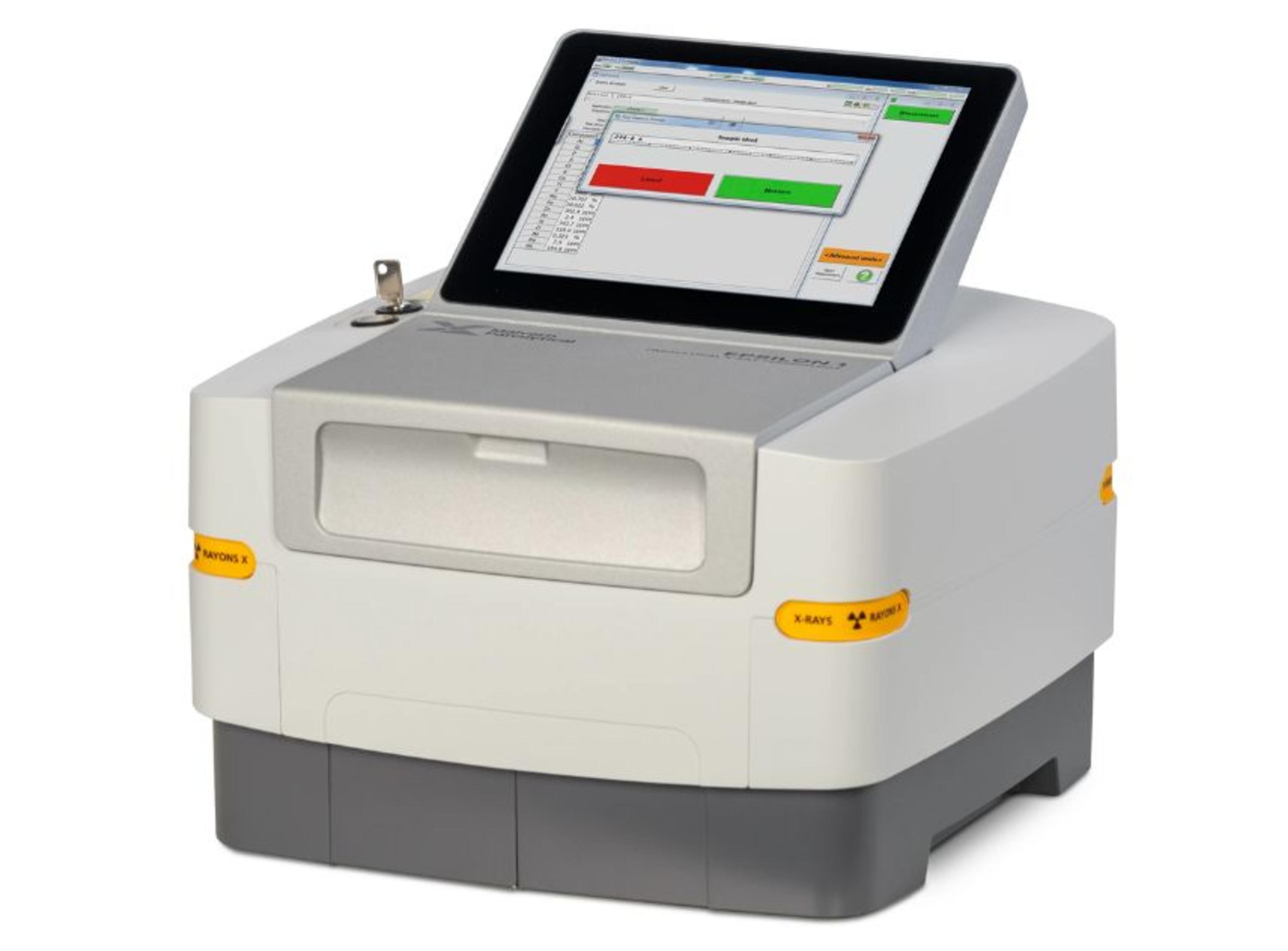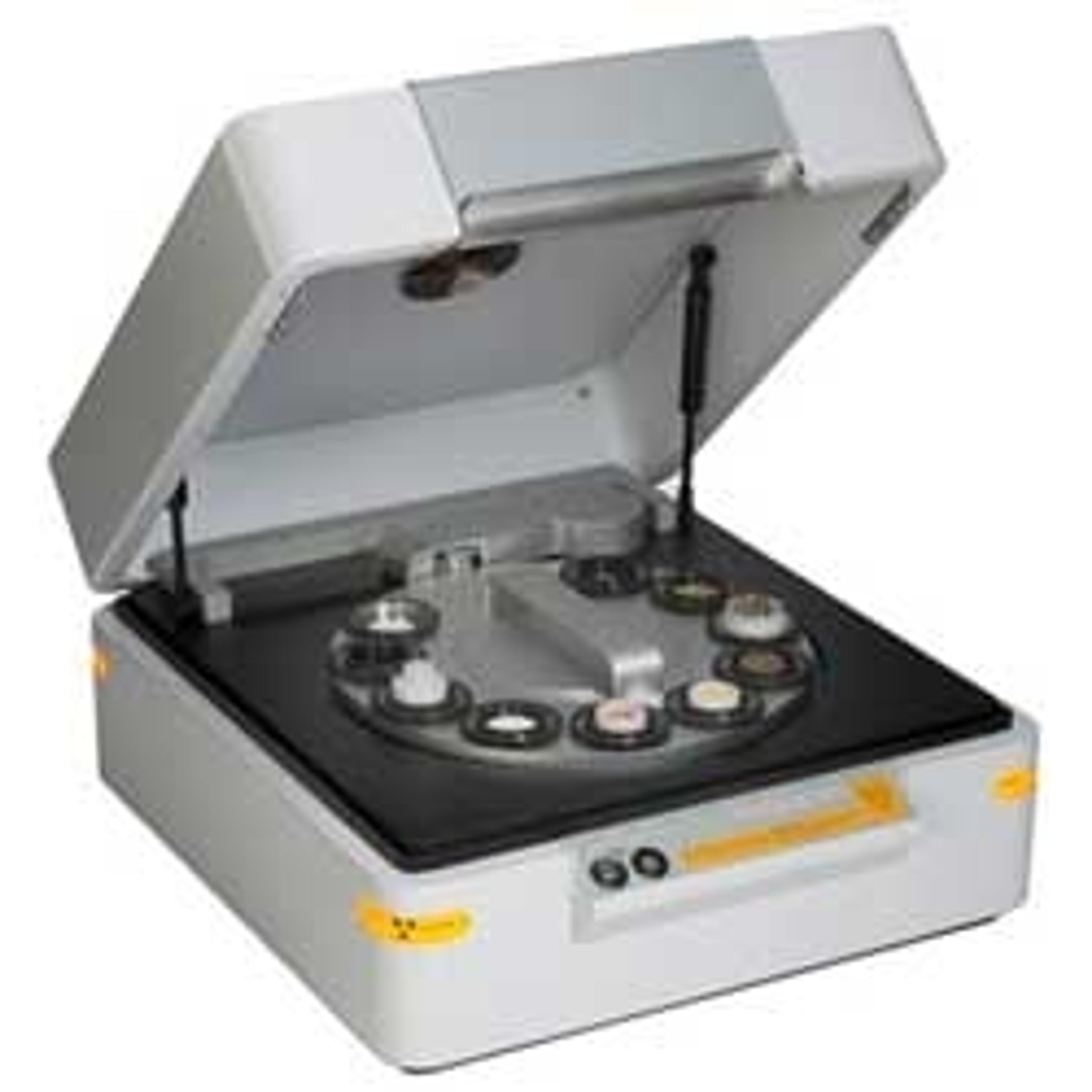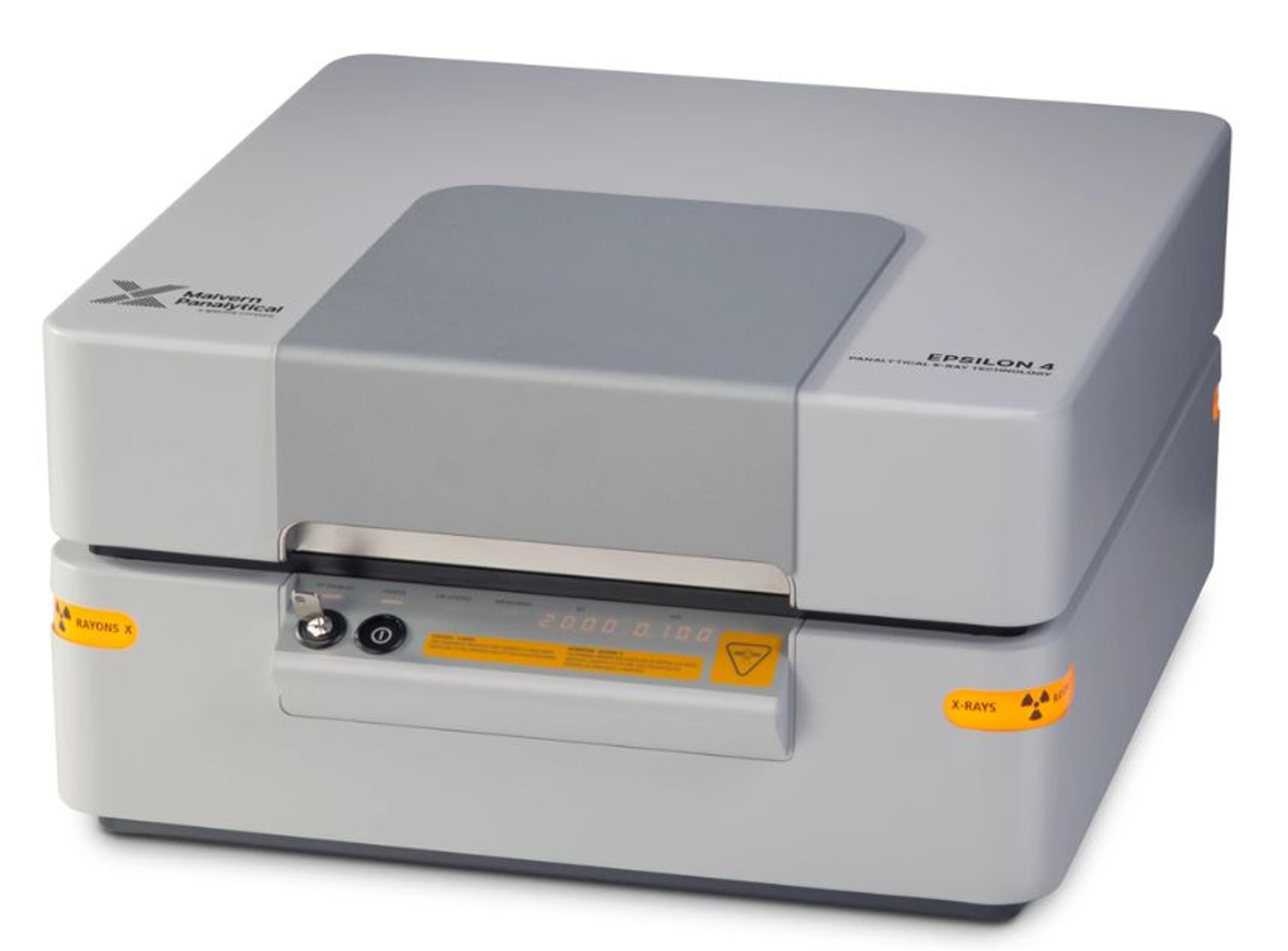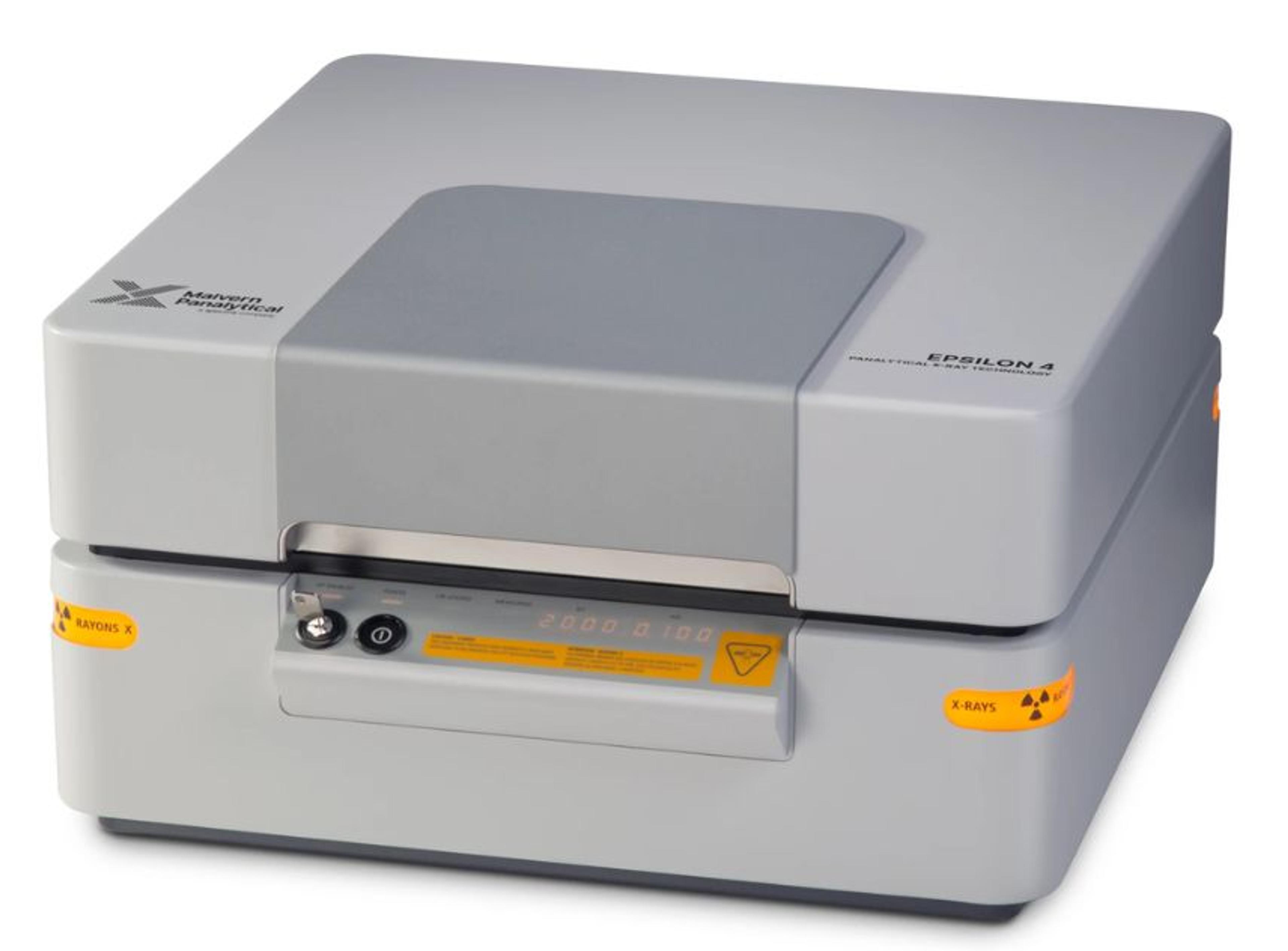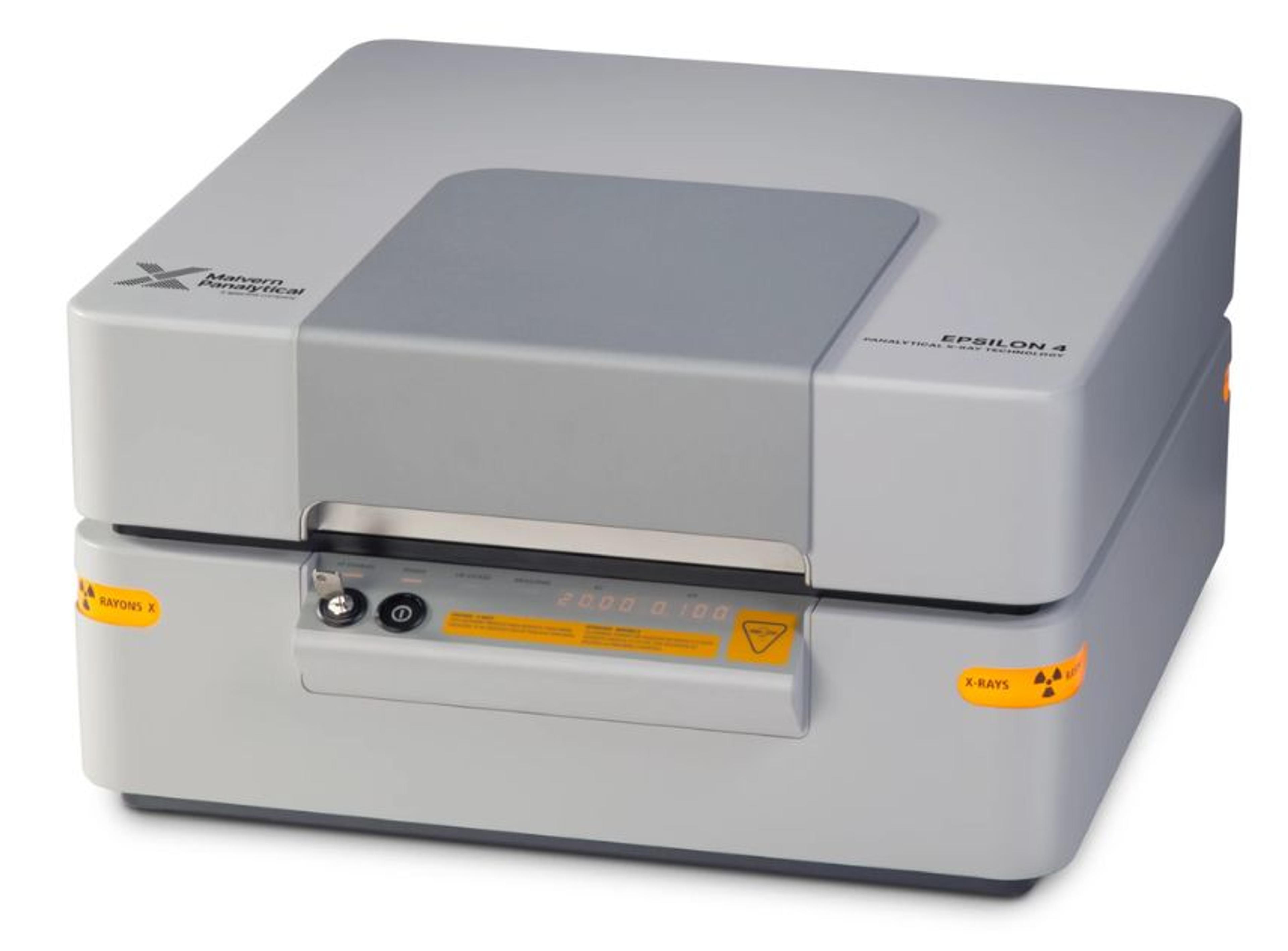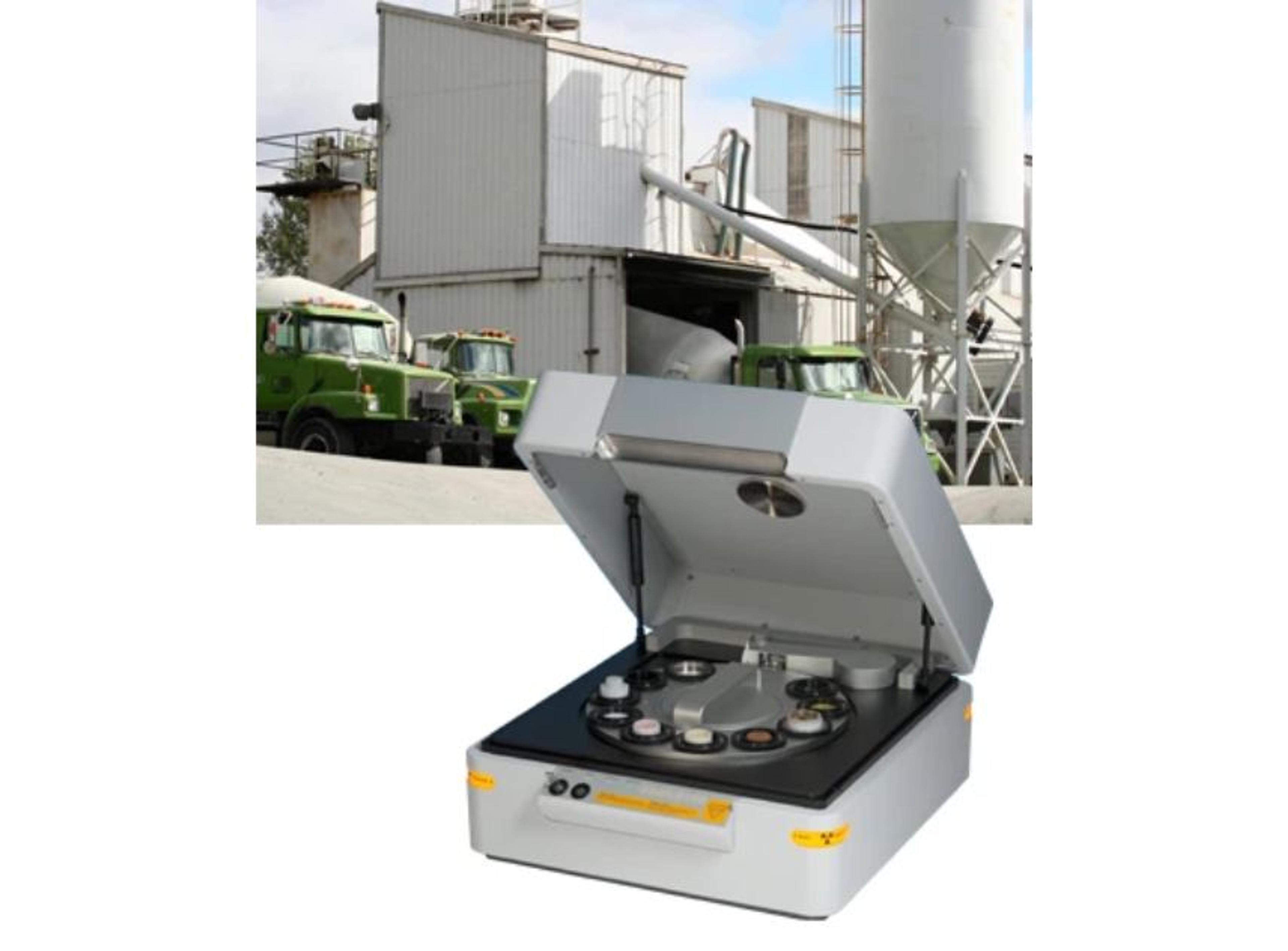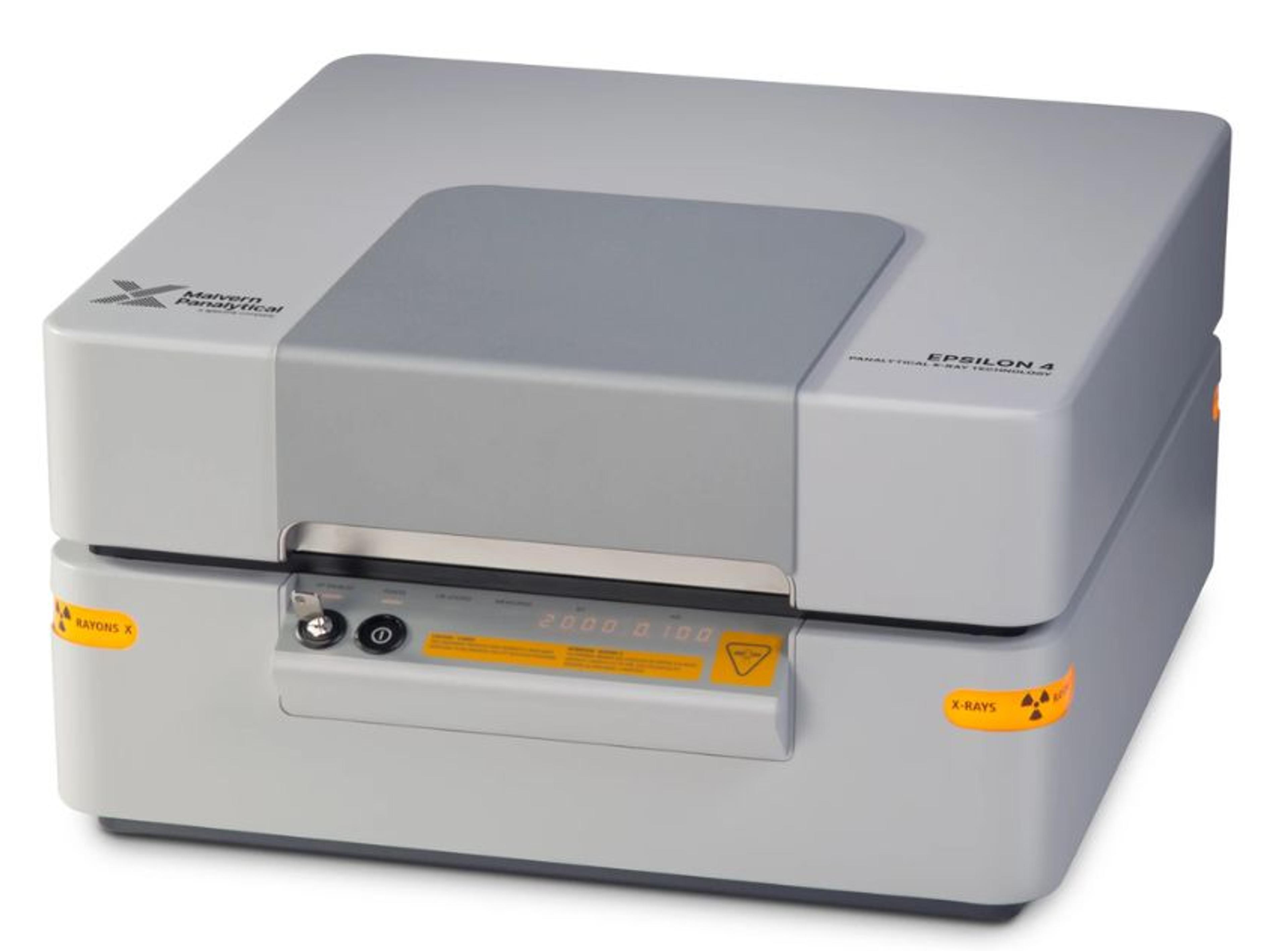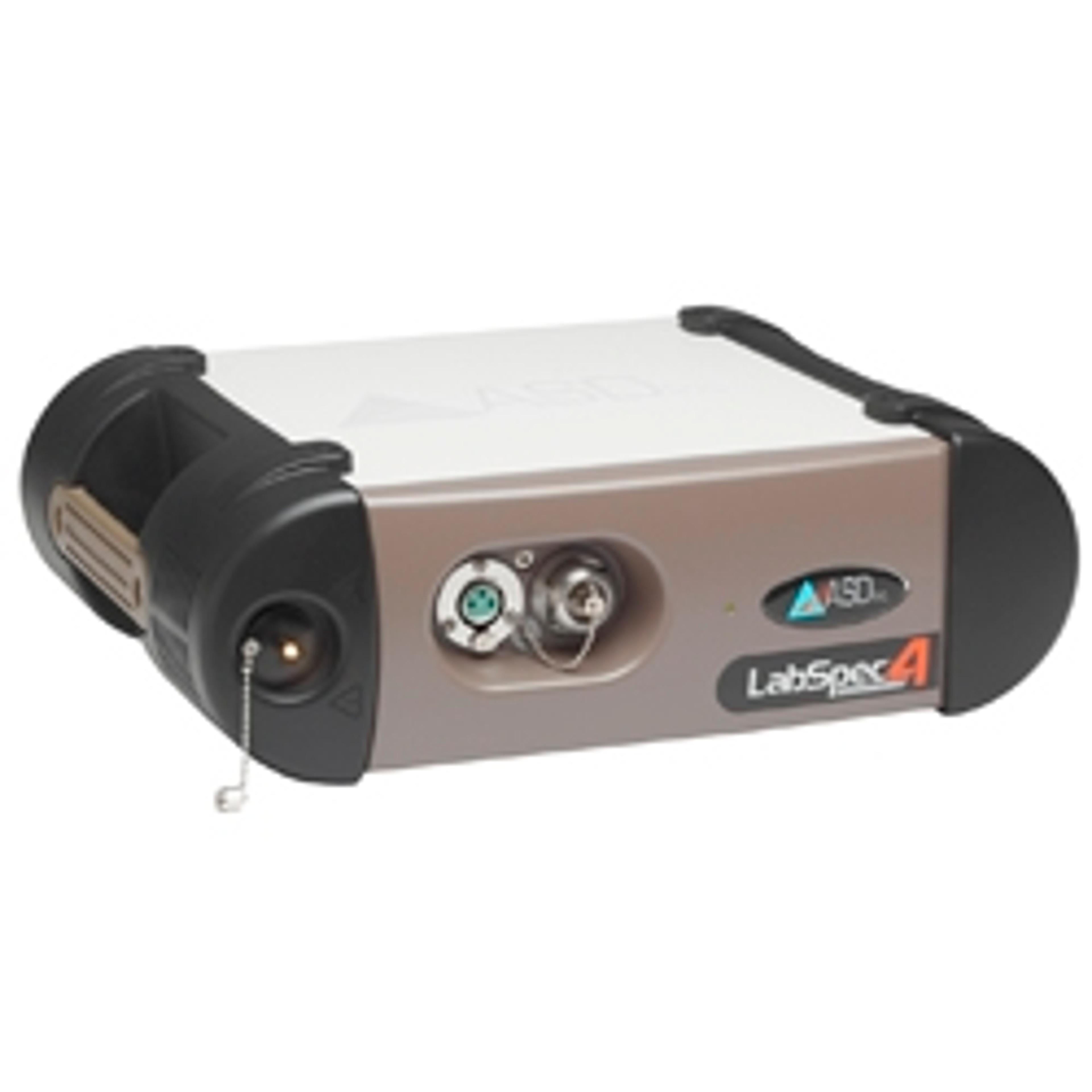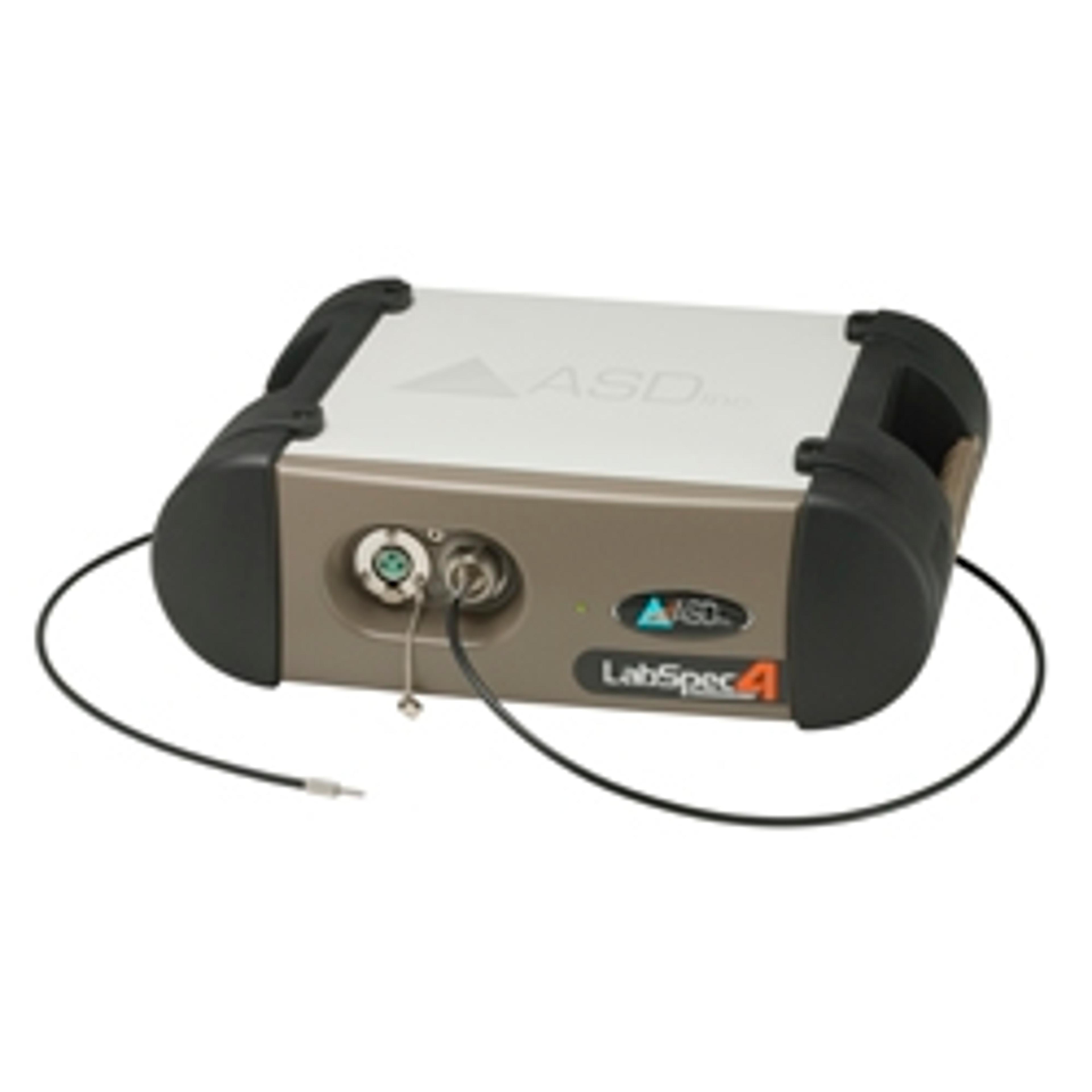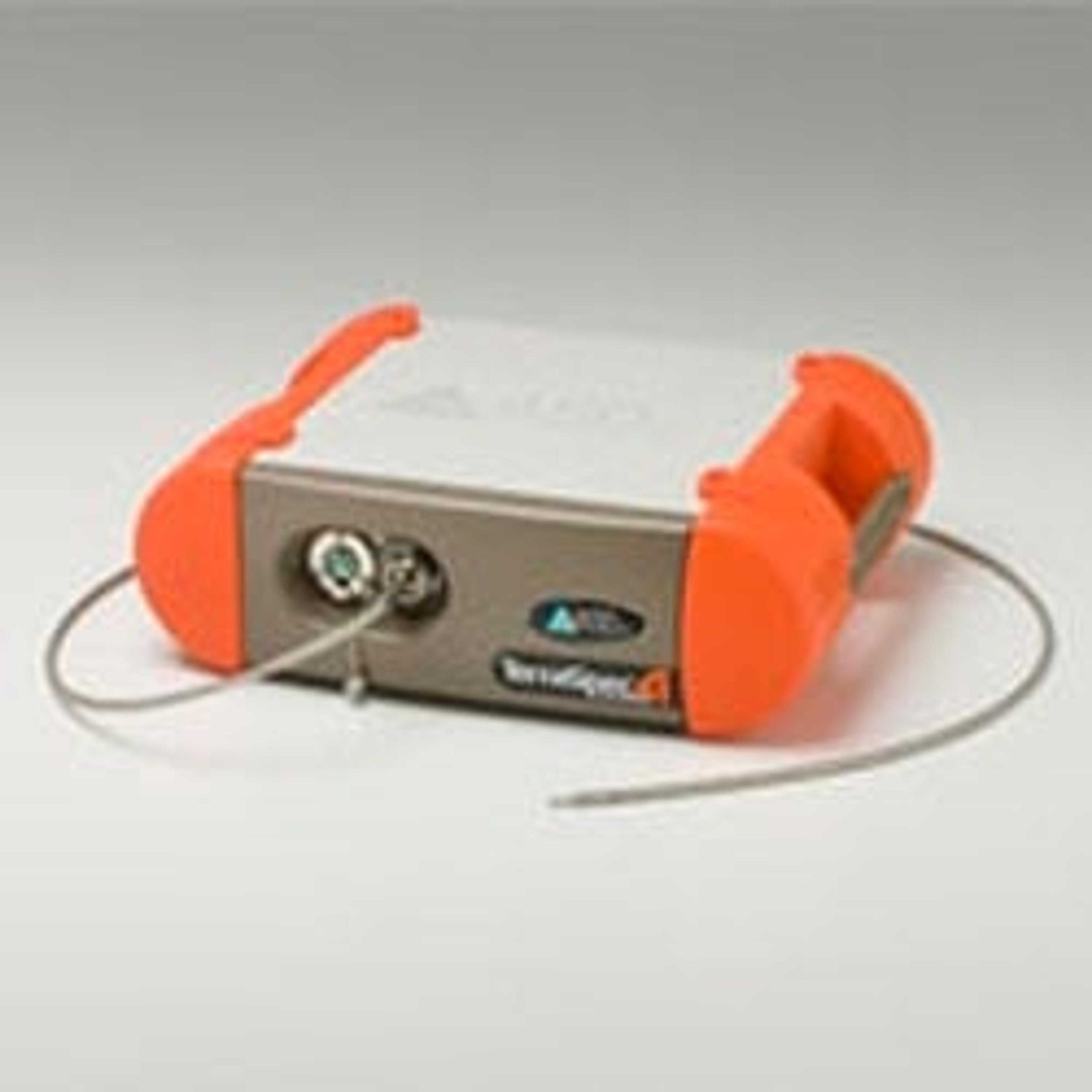Epsilon 4 Lubricating Oils
Value beyond compliance
Great performance and stability with outstanding analysis.
Analyze elements in petroleum products
The unit shows high sensitivity in terms of sample analysis. Sample measurement is easy to conduct, however the calibration steps do require in-depth knowledge on X-ray.
Review Date: 27 Oct 2020 | Malvern Panalytical
Manufacturer's Response
Good to hear that the Epsilon 4 benchtop instrument is easy to use and that the sensitivity of the instrument is satisfactory. MalvernPanalytical has many XRF specialists available that can help you with the setting up of different application methods on the instrument, through a dedicated course or onsite.
Value beyond compliance
Speeding up engine test while maintaining product quality are essential industry requirement for producers of lubricating oils. Compliance to international test methods like ISO and ASTM is an essential industry requirement for elemental analysis of lubricating oils. For the Epsilon 4 this mandated compliancy is merely the starting point, but where the instrument really shines is the additional value it brings for many other analytical tasks in the production of lubricating oils. For example:
• reduce errors of production by positive material identification
• faster and more accurate dosage of expensive additives
• supporting optimal blending efficiency of base oils and additives.
All analyses performed by Epsilon 4 comply with the latest test methods and norms, like ASTM D7751 and ASTM D6481.
Guaranteed performance
Epsilon 4 is a star-performing benchtop XRF instrument and is well suited for the analysis of additives and wear metals in fresh and unused lubricating oils. The benchtop XRF instrument provides a fast method for the analysis of lubricating oils without the need for sample preparation and use of chemicals.
Epsilon 4 complies with the latest test method ASTM D7751-15 for the analysis of magnesium, phosphorus, sulfur, chlorine, calcium, zinc and molybdenum in fresh lubricating oil by XRF.
Calibrated for years
A low-drift X-ray tube and an automatic drift correction system give compliant results for years without the need for re-calibration. This results in a more efficient use of the system and less cost of calibration maintenance.
Fast and sensitive
Fast measurements are achieved by using the latest silicon drift detector technology that produces significant higher intensities. This allows the Epsilon 4 spectrometer to run at full power and therefore realizes a much higher sample throughput compared to traditional EDXRF benchtop instruments.
Unique detector electronics enable a linear count rate capacity to over 1,500,000 cps (at 50% dead time) and a count rate independent resolution typically better than 135 eV for better separation of analytical lines in the spectrum.
Reduced helium consumption
The high performance of Epsilon 4 enables many applications to be operated in air atmosphere, without longer overhead time and costs involved for helium or maintenance of vacuum system. When measuring in air, low-energy X-ray photons characteristic of sodium, magnesium and aluminium, are sensitive to variations in air pressure and temperature. Built-in temperature and air-pressure sensors compensate for these environmental variations, ensuring excellent results whatever the weather.

